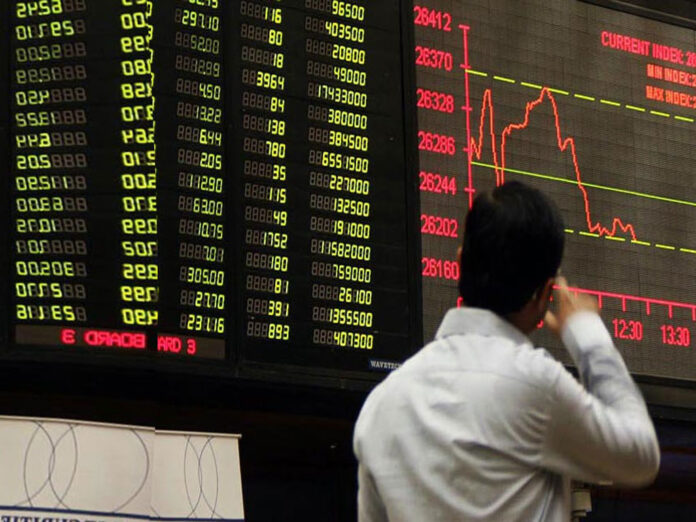The Pakistan Stock Exchange experienced a sharp decline as the benchmark KSE-100 index dropped 418 points or 1.06 percent, closing at 40,220.79.
The bearish sentiment was attributed to a lack of progress on a Staff Level Agreement with the International Monetary Fund (IMF) and a “disappointing” budget for fiscal year 2024.
The budget’s proposed taxes, including an across-the-board super tax, a 10 percent tax on bonus shares, and a 50 percent tax on abnormal profits, which discouraged investors and contributed to the market downturn.
With less than 10 days left until the June 30 deadline of Pakistan’s Extended Fund Facility (EFF) with the IMF, the absence of a signed agreement raised concerns. The IMF deal is crucial for Pakistan, and the fear of default without its support added to the cautious sentiment among investors.
The uncertainty surrounding the IMF agreement prompted investors to adopt a wait-and-see approach, despite attractive dividend yields and price-earning ratios available in the market.
The bearish trend in the stock market was driven by a combination of factors, including economic uncertainty, dismal data on foreign direct investment, which fell by 21 percent for Jul-May 2023, and delays in the IMF bailout programme.




